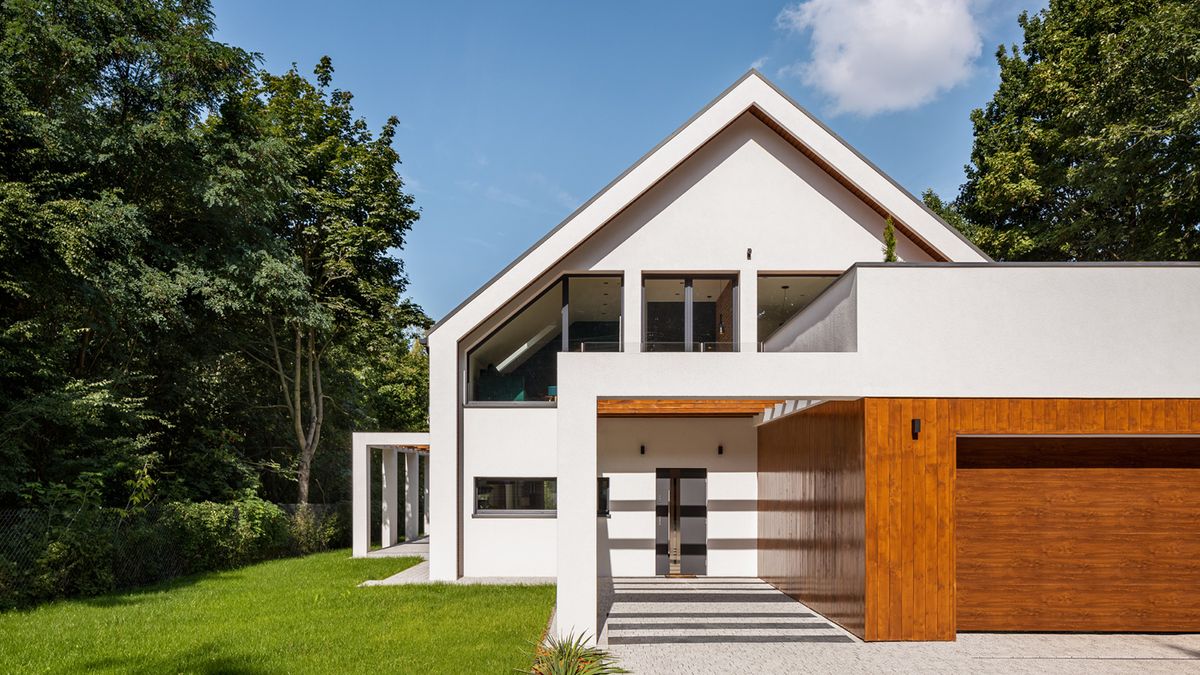If you have been busy planning a self build house project during the winter months, you are probably now getting ready to roll your sleeves up and get the build process moving as we venture into a new season of optimal weather conditions.
The entire self build journey is filled with excitement, creativity, and the promise of creating a space uniquely tailored to your lifestyle and preferences. That said, reaching the stage when you break ground and are ready to see it come to life can be daunting.
Now is the time to reassess your next-stage lists and processes to ensure you have everything covered as the project develops – including insurance and warranties.
In this guide, Self Build Zone explain everything you need to know about self build insurance and warranties in order to ensure you are properly covered.
Is your spring self build insured and protected?
Before you start any kind of work on your self build, check what insurance policies you already have in place to protect the construction process.
Bespoke site insurance policies will cover all new construction work, the existing structure (if there is one) and the rest of the site. These policies protect against losses, fire, theft, flood, storm damage, vandalism, and accidental damage. Site insurance policies are unique to your build and cover the whole cost of the build, public liability, employers’ liability and more.
If you’re carrying out a project using a builder with a single contract, you may feel that, as the builder has their insurance policy, there is no need to go to the expense of a policy in your name. However, you should check the details of your builder’s policy to ensure it is current and sufficient to cover any eventuality.
Even if the builder’s policy is technically sufficient, if you decide to buy your materials, such as kitchen units, sanitaryware or even plumbing equipment, and any of those items get stolen or damaged, they may not be able to claim for them.

Why is a structural warranty so important?
Apart from the peace of mind you gain by having a structural warranty, most lenders will probably require a building warranty as part of their lending criteria. It’s also helpful if your circumstances change and you need to sell the property in the next 10 years, as you will likely find that your prospective purchaser’s lender will require a10-year Structural Warranty on the property before releasing any money.
Customising your home should be a fun project and, of course, can come with stress, so don’t let insurance be added to your list of things to worry about. With a self build warranty, your structure will be covered from the workmanship to the materials.
A structural warranty should always be arranged before you start ( usually when you arrange your Site Insurance). This is because your structural warranty provider will need to carry out key stage inspections on the build, and the first one will be for any new foundations. If you do not arrange your warranty before you start, you will pay a higher premium as the warranty provider has not inspected the build.
How do you choose an insurance provider?
If thing to check is that your insurance provider is ‘A’ Rated. Structural warranties are not the same as your average annual insurance policy — these are long-term policies of 10 years. This means that is is obviously best to be confident that your provider will still be running at the end of the 10 years — or your home could end up uninsured and in breach of mortgage conditions.
Building or creating a home from scratch, or as a conversion or renovation project, can be among the most rewarding challenges. The project you’re embarking on will invariably require a significant amount of investment, so ensuring you have the correct level of self build insurance is essential.
Self Build Zone offers a range of self build insurance policies, including site insurance and structural warranty policies for new builds, conversions, renovations and extensions.

